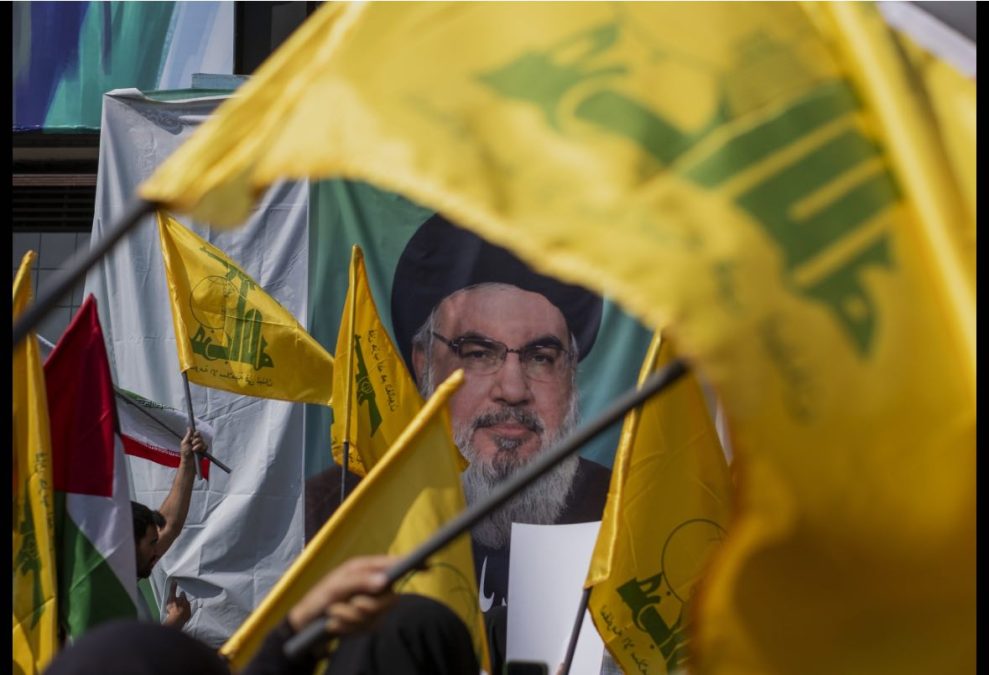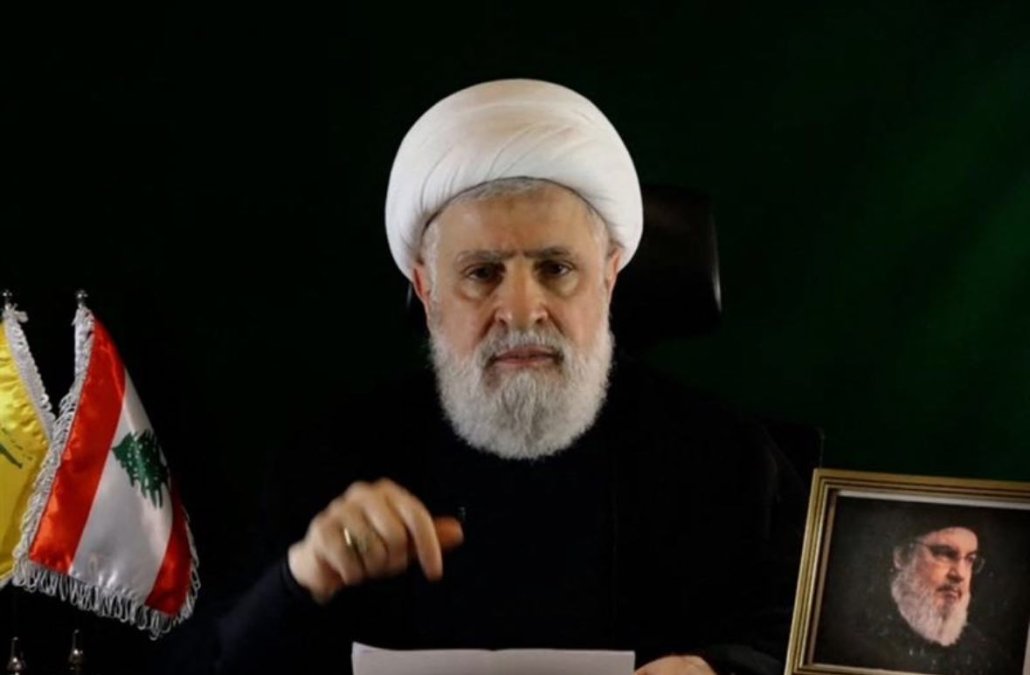Disarmament of Lebanese Militias: A Deal That Could Transform Lebanon
Disarmament of Lebanese Militias: A Deal That Could Transform Lebanon
According to Iran Gate News Agency, as the longstanding deadlock over the future of Lebanese militias’ weapons has once again come into focus, signs indicate the emergence of a new equation in Lebanon. This equation directly links constitutional reforms, the full implementation of the Taif Agreement, and the fate of one of the country’s most complex security challenges, potentially ushering in a decisive phase in the reconstruction of political order and sectarian power balance.
Slowly but surely, a new equation is taking shape in the political landscape of Lebanon. This equation is neither unexpected nor necessarily undesirable, but within Lebanon’s always resilient political system, it could create a fundamentally different stage in the country’s turbulent sectarian contract.

The equation is this: while the government cautiously proceeds in its efforts to disarm Lebanese militias, considering the abandonment of compulsory disarmament and the necessity of setting it aside, another approach is proposed—offering political concessions to the Shia community in exchange for relinquishing their weapons.
Choosing such a path should not fundamentally cause concern, as the integration of Lebanese militias and their community into Lebanon’s constitutional order has long been welcomed by critics of this party.
The term ‘political concessions’ might seem inaccurate. The framework of these concessions should be the 1989 Taif Agreement, and Hezbollah officials, as well as Nabih Berri, the Speaker of Parliament, have called for its full implementation. This demand is by no means unreasonable.
This includes, among other things, the de-sectarianization of the political system and the removal of sectarian quotas from parliament and the administration of the country.
The pessimistic assumption is that Hezbollah, believing that its implementation will face opposition from Lebanese Christians—who would suffer the most—sees any progress in disarming itself as out of reach. However, is this perception necessarily correct?
It seems that a growing number of Christians support the idea of federation in Lebanon. Therefore, if this matter is realized, their flexibility towards Taif’s implementation might increase. However, their understanding of federalism is often vague and imprecise.
When speaking of federalism, it appears many actually contemplate a form of separation from the majority Muslim Lebanon, especially the Shia community and Hezbollah, viewing their worldview as incompatible with Christian preferences for the country.
Even if such a generalization is justifiable, a point that many federalism supporters overlook is that federalism will not resolve the differences Christians have had with their Muslim compatriots over the decades.
In a federal system, key government powers remain at the central level, including foreign affairs, defense, and foreign trade—the very issues that have created the most divides in Lebanon.
Nonetheless, Christians still see federalism as a kind of solution. While Taif does not explicitly refer to federalism, it provides an opening that could approach it.
One of the concessions granted to Christians in Taif was the introduction of administrative decentralization. Since Christians were asked to relinquish significant presidential powers, they received more freedom to manage their administrative affairs in return.
However, this concession had a serious flaw: administrative decentralization is meaningless without financial decentralization. If the central government retains control over national activities, administrative independence effectively becomes nominal.
Therefore, today, only the combination of administrative and financial decentralization can encourage Christians to accept the full implementation of Taif.
Thus, we might be nearing the stage of outlining such a deal, if not executing a grand bargain regarding Hezbollah’s weapons. But what points should be considered against the possibility of such a trade-off?
First, even if such a deal seems theoretically desirable, if its execution mechanism is based on the simultaneous disarmament of Hezbollah and negotiation for constitutional reforms in accordance with Taif’s provisions, achieving it will be very difficult.
Hezbollah must hand over its weapons before any action, as no constitutional reform can proceed in a situation where one party and its affiliated community are armed while others are not.
For this reason, even if there is a broad agreement that placing Hezbollah’s weapons within a comprehensive package of constitutional reforms is included, initial disarmament must be a prerequisite.
Second, Iran’s consent will be a key factor in such a deal. Some believe Iran will never forgo Hezbollah’s weapons. This may be true for Ayatollah Ali Khamenei, who determines Iran’s policies in this area.
However, is this approach necessarily unchangeable? Iranians can ultimately consider an alternative option. It seems relying on the power of the Shia community within Lebanon’s constitutional framework could be more effective than depending on Hezbollah’s arms, which have so far only led to widespread destruction due to Israeli actions and have incited a significant portion of Lebanon’s society against the party.
Third, although a grand deal could be welcomed, the reality is that the sectarian-constitutional system has become so dysfunctional that there is no guarantee that the result of a political reset will necessarily improve the current situation.
It might even lead to a weak outcome that keeps structural problems intact. For example, it is unlikely that such a process could reduce the influence of sectarian leaders. Therefore, many Christians should carefully reflect on the image they have of a decentralized system.
In today’s Lebanon, the multiplicity of sectarian leaders has imposed the necessity of compromise on each of them, and this has sometimes led to better outcomes. However, a decentralized system where the power of sectarian leaders in their areas of influence is not checked by rivals could effectively lead to the establishment of new forms of sectarian authority.
Isn’t it more logical to fundamentally reconstruct the Taif Agreement by reviewing the past 35 years and examining its shortcomings? This does not mean abandoning Taif but using it as a foundation for a revised constitutional system.
In any case, the link between the handover of Hezbollah’s weapons and the broader discussion on constitutional reforms seems inevitable. Neither will proceed without the other.

